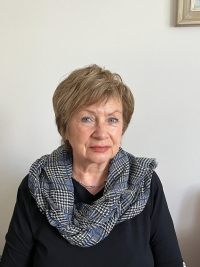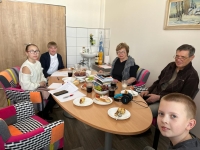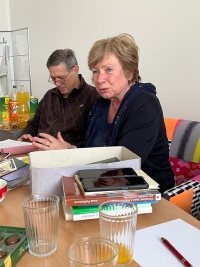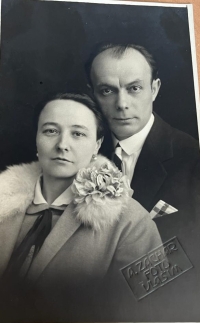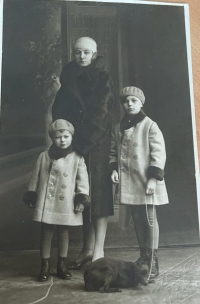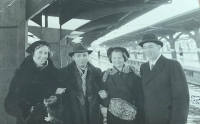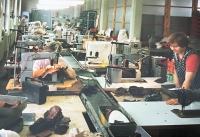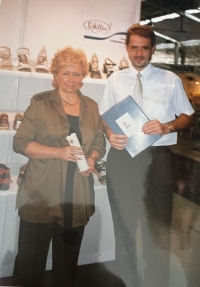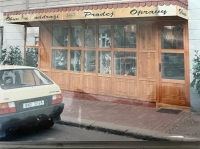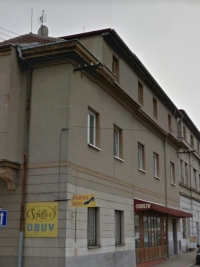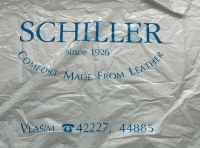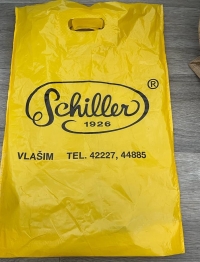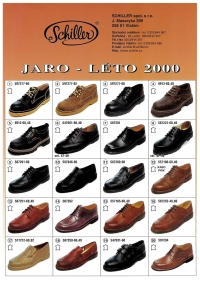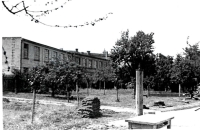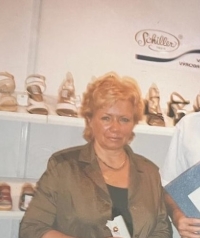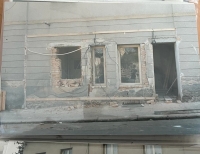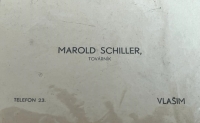I didn’t get into medical school because of my parents’ background.
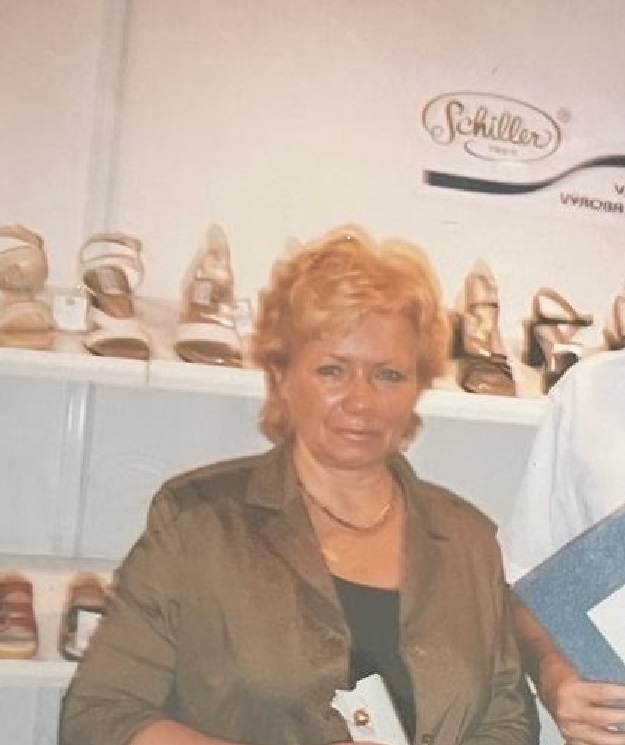
Download image
Eva Vaňková, née Schillerová, was born on 17 September 1951 in Vlašim, where she has lived all her life, as her family founded a shoe factory there in 1926. After primary school she entered a three-year general secondary school in 1967. After not being accepted to medical school because of her background, although she passed the entrance exam, she graduated from the Faculty of Economics in Prague Suchdol. She and her husband met during their studies, married in 1976, and two years later their daughter Zuzana was born. After the Velvet Revolution, she and her husband reopened the Schiller shoe company in Vlašim, and they quit the business in 2005. In 1994 she was elected a councillor. In retirement, in addition to spending time with her grandchildren and traveling with her husband, she is also dedicated to education, attending various courses and participating in a lifelong learning academy.
